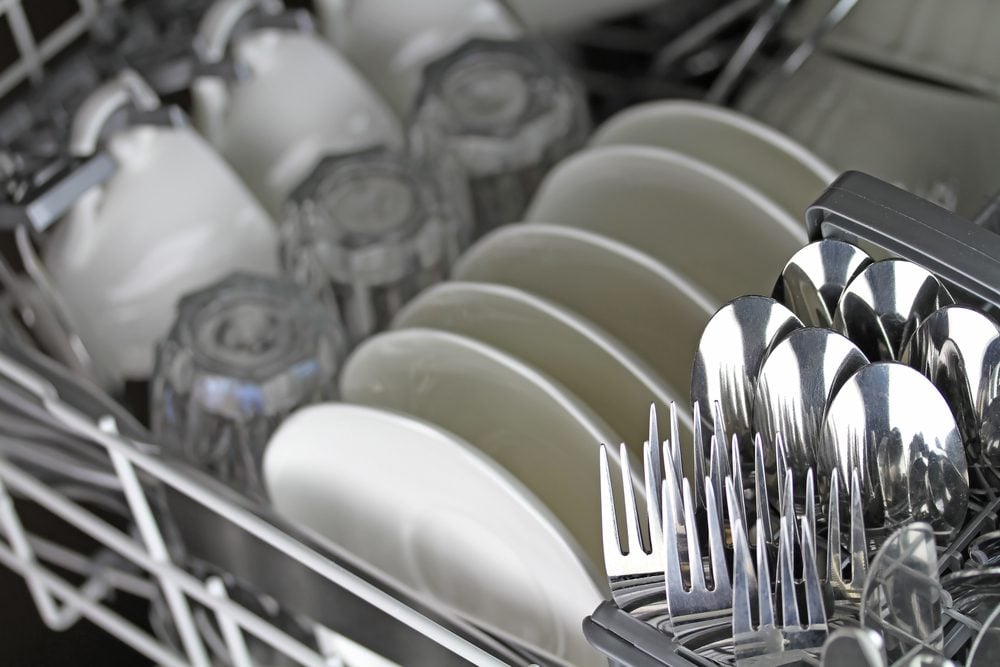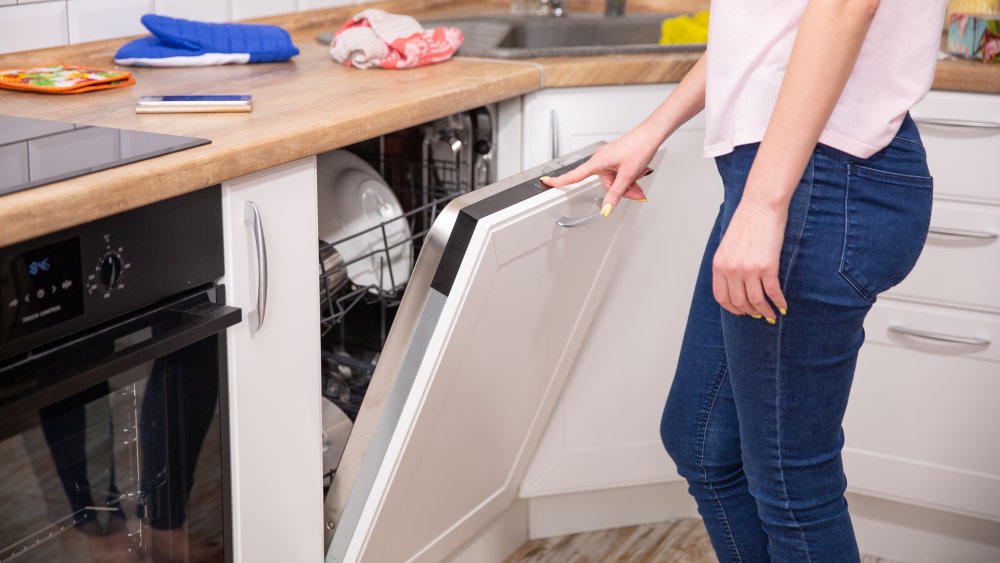Why is Wrong with My Dishwasher? Frequent Problems and Solutions
Why is Wrong with My Dishwasher? Frequent Problems and Solutions
Blog Article
How do you feel in relation to How to Troubleshoot & Repair a Dishwasher?

Having your dishwasher breakdown or breakdown can be a big deal and trigger some discomfort in your home. Dish washers are makers that we use to clean recipes and also cutleries automatically to save us the tension of by hand doing it.
Like every other device that reduces human effort, dish washers can break down and also develop some mistake eventually in time. There are numerous faults your dish washer might establish, as well as while several of them can be addressed by changing some parts or fixing them, various other much more severe flaws will certainly call for that you obtain a new dishwashing machine.
This short article will certainly determine a couple of usual faults your dish washer might create to impede its general efficiency as well as exactly how these faults can be solved.
Typical Mistakes
Typical dishwasher faults might vary from small to significant ones. Depending upon the extent, you will either require the services of expert plumbings to deal with or change it.
Several of the most typical mistakes consist of:
Leaking Dish washer
This is possibly one of the most everyday dish washer problem, and fortunately is that it is easy to determine. Leaks occur due to several reasons, and also the leakages can bungle your kitchen. Usual sources of dishwasher leaks include;
Bad-Smelling Dishwashing machine
This is an additional usual dishwasher issue, and it is generally caused by food particles or oil lingering in the equipment. In this case, seek these particles, take them out as well as do the recipes with no recipes inside the machine. Clean the filter thoroughly. That will certainly help remove the bad smell. Ensure that you remove every food particle from your recipes prior to transferring it to the maker in the future.
Inability to Drain
Occasionally you may see a huge amount of water left in your tub after a clean. That is probably a water drainage trouble. You can either examine the drainpipe hose pipe for damages or obstructions. When doubtful, get in touch with a professional to have it examined and taken care of.
Does not clean correctly
If your dishes and also cutleries appear of the dishwasher and also still look dirty or dirty, your spray arms may be a trouble. In most cases, the spray arms can get blocked, and it will certainly call for a quick clean or a substitute to function efficiently again.
Verdict
Some of these common dish washer faults can be taken care of quickly in the house, yet sometimes, the faults could be massive as well as might call for the focus of experts. If you stay in Rochester, Syracuse, as well as other parts of America, allowed the experts correctly diagnose what could be wrong with your dish washer and also proffer a service.
We likewise set up dishwashers if you simply acquired a new one or plan to change your very own. With our many years of experience in the market, we make sure to offer you the most effective feasible solutions.
7 COMMON PROBLEMS THAT LEAD TO DISHWASHER REPAIR OR REPLACEMENT
Your Dishwasher is Leaking
As with a leaking clothes washer, there are many potential reasons why your dishwasher is regularly leaking. Among other problems, your leaking dishwasher may have:
A damaged drainage hose A faulty pump and/or pump seal A bad door seal (this is likely as dishwashers age since the seals become brittle) Overloading can also be the cause of occasional leaking, so it’s wise to follow your dishwasher manufacturer’s advice on how to load plates, utensils, and larger items like pots and pans. You can also look for information on how to properly load your dishwasher online. This is a subject that many people have opinions about, and there are tons of dishwasher loading tutorials available, believe it or not!
You Have Dirty Dishes Even After the Dishwasher Has Run
This is another problem that can be caused by overloading your dishwasher, though you may also be using the wrong detergent for your particular dishwasher. This is easy enough to do, as there are lots of different dishwasher detergent formulations for sale—powders, gels, and dissolving tablets.
Check your dishwasher’s manual for more information or visit the manufacturer’s website for help choosing the detergent type that works best with your particular appliance. All the best dishwasher brands should offer support and troubleshooting advice on their websites.
Unfortunately, sometimes more serious problems—like damage to circuitry or electronic control components—can be the cause of your dishes not getting clean. While relatively uncommon, power surges can damage your dishwasher’s electronics, which can prevent cycles from fully running. If your dishwasher has an electronic display of any kind, it may show error codes for incomplete cycles. You’ll need to contact a reliable dishwasher repair resource for help with this kind of problem.
Your Dishwasher is Not Fully Draining
This problem is often due to clogs in the drainage system of your dishwasher. Improper drainage can create huge messes, like damaging leaks and bacterial growth inside and outside of your dishwasher. Some dishwashers have self-serviceable filter components that should be cleaned out regularly to prevent clogging.
However, your dishwasher could also have more significant problems with its drain pump or other components. As we discussed above, damaged circuitry can prevent cycles from running or advancing properly, and that could be the culprit in this case, as well. It’s best to call an appliance expert for help with dishwasher repair due to drainage failure.
Your Dishwasher Won’t Turn On
A dishwasher that won’t turn on doesn’t necessarily equal a “dead” dishwasher. You could have a simple blown fuse or tripped breaker affecting your dishwasher’s power supply. Check to be sure your dishwasher is receiving the power it needs to run.
Another common issue that will prevent your dishwasher from starting up is a faulty door latch. If your dishwasher can’t close properly—or the electronic control system “thinks” it’s not closing properly—the appliance won’t start.
Your Dishwasher Has Water Fill Problems
Another issue that is sometimes caused by damaged circuitry and cycles that aren’t running or advancing correctly, water fill problems can be tricky to troubleshoot. If your dishwasher is not filling at all—or won’t stop filling as it operates—it could be due to a faulty float or float switch, or a water inlet valve problem, too. And these issues are best addressed by dishwasher repair professionals.
https://www.kaappliance.com/blog/7-common-problems-that-lead-to-dishwasher-repair-or-replacement

I was introduced to that editorial about The Most Common Dishwasher Problems through a friend on a different site. For those who liked our blog entry please remember to pass it around. We love reading our article about Common Dishwasher Problems.
Book Service Report this page